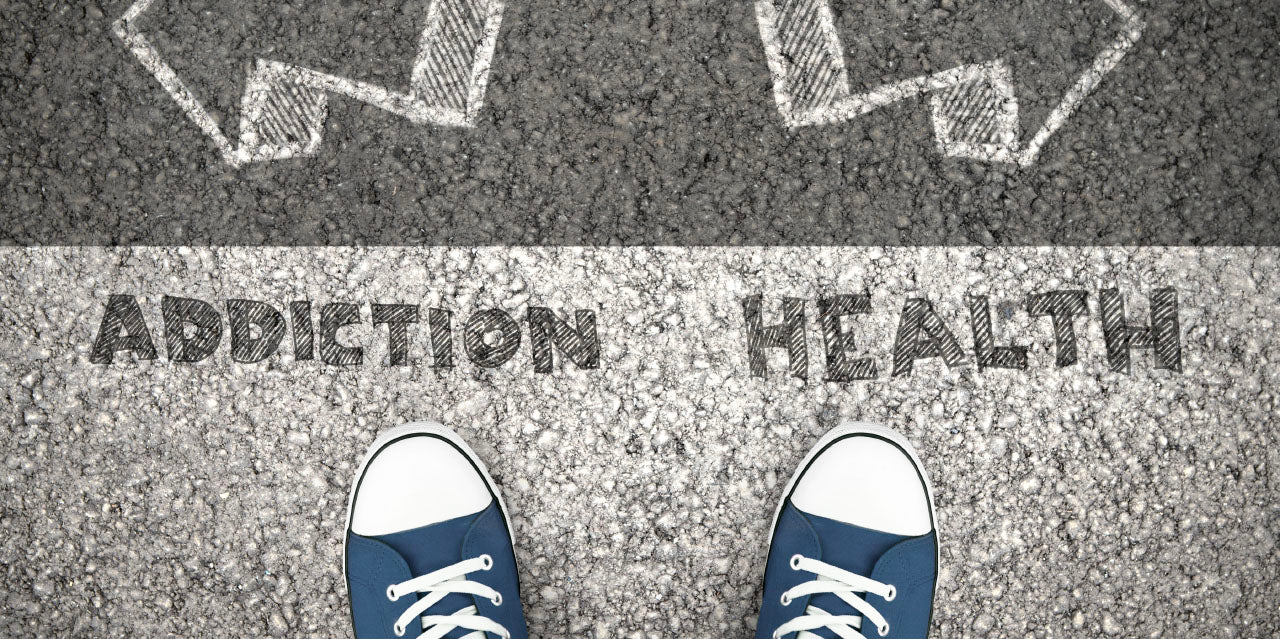Is CBD Addictive? Separating Fact from Fiction
In recent years, CBD (cannabidiol) has gained immense popularity for its potential health benefits. From oils and gummies to creams and tinctures, CBD products are now readily available and widely used. However, as with any health supplement, questions about its safety and potential for addiction have arisen. In this article, we’ll explore the question: Is CBD addictive?
Understanding CBD and Its Properties
Before delving into the addictive potential of CBD, let's understand what CBD is and how it differs from other compounds found in the cannabis plant, such as delta-9 THC. CBD is a non-psychoactive cannabinoid found in hemp and cannabis plants. Unlike delta-9 THC, which is responsible for the "high" associated with marijuana use, CBD does not produce any intoxicating effects.
Is CBD Addictive?
The short answer is no. CBD is not addictive, and research supports this conclusion. Addiction typically involves the development of dependence, withdrawal symptoms, and a compulsive need to use a substance. CBD, however, does not exhibit these characteristics.
Lack of Psychoactive Effects:
CBD does not produce the euphoric high that is often associated with addictive substances. This is because it does not bind strongly to the cannabinoid receptors in the brain that are responsible for addiction.
Non-Habit Forming:
CBD is not habit-forming. Users do not build up a tolerance to it, nor do they experience cravings when they stop using it. This sets it apart from addictive substances.
Absence of Withdrawal Symptoms:
Unlike substances like opioids or nicotine, discontinuing CBD use does not result in withdrawal symptoms like nausea, anxiety, or cravings.
The World Health Organization's Expert Committee on Drug Dependence (ECDD) recently concluded, "CBD is non-addictive, has no withdrawal symptoms, and is generally well tolerated with a good safety profile." They determined that it was time to remove CBD from international drug control and that it exhibits no potential for abuse or dependence.
Is Full Spectrum CBD Different?
Full-spectrum CBD contains a range of cannabinoids, including trace amounts of delta-9 THC, which is a psychoactive compound. However, the levels of delta-9 THC in full-spectrum CBD products are typically very low and are unlikely to produce addictive effects. Moreover, the presence of other cannabinoids, like CBD itself, may counteract any potential psychoactive effects.
CBD Products: Are They Addictive?
Various forms of CBD products are available, including CBD oil, gummies, tinctures, and creams. The mode of consumption does not change the non-addictive nature of CBD. Whether you use CBD oil or gummies, you can rest assured that you're not exposing yourself to addiction risks.
Studies show that CBD may actually help with addictive behaviors.
CBD acts on several neurotransmission systems involved in addiction.
Animal studies have shown the possible effects of CBD on opioid and psychostimulant addiction, while human studies presented some preliminary evidence of the beneficial impact of CBD on cannabis and tobacco dependence.
CBD has several therapeutic properties on its own that could indirectly be useful in the treatment of addiction disorders, such as its protective effect on stress vulnerability and neurotoxicity.
Overall, emerging data is still limited and is far from being conclusive. More controlled trials are necessary at this point to determine whether these properties translate into significant improvements in clinical outcomes in human populations. However, an increasing number of studies that are currently being conducted in the United States (source: www.clinicaltrials.gov) show the importance of this area of research. source: www.cihr-irsc.gc.ca.
Studies suggest CBD seems to have direct effects on addictive behaviors. Further, its therapeutic potential could also be enhanced by several properties that contribute indirectly to addictive disorders.
Consider CBD’s anti-anxiety properties are well known at doses of 300–600mg and CBD seems to have anti-depressant and anti-convulsant effects. Its impact on pain has been investigated, especially in combination with THC in Sativex treatment for chronic pain and is relevant since chronic pain can induce or perpetuate drug abuse.
CBD has been shown to be a safe compound in animals and humans, which is of critical importance from a therapeutic point of view. Many studies evaluated the side effect profile of CBD in various contexts and reported no significant or serious adverse events other than mild sedation and nausea. Daily doses as high as 1500 mg were well tolerated in humans.
CBD is not addictive on its own, neither in animals nor humans. Moreover, CBD has some protective properties that may be useful in attenuating deleterious effects related to other drug consumption. Altogether, CBD may also be indirectly beneficial in drug addiction due to its beneficial effects in the treatment of common substance-use disorder comorbidities and complications. SOURCE: https://www.ncbi.nlm.nih.gov/pmc/articles/PMC4444130/
In conclusion, CBD is not addictive. It lacks the psychoactive properties and addictive characteristics associated with substances like delta-9 THC, opioids, or nicotine. The World Health Organization's Expert Committee on Drug Dependence (ECDD) has affirmed its non-addictive nature, lack of withdrawal symptoms, and good safety profile. CBD is considered safe for most users and is used by many for its potential health benefits. However, it's always a good idea to consult with a healthcare professional before starting any new supplement regimen, especially if you have underlying health conditions or are taking other medications. When used responsibly, CBD can be a valuable addition to your natural healing journey and overall well-being.




